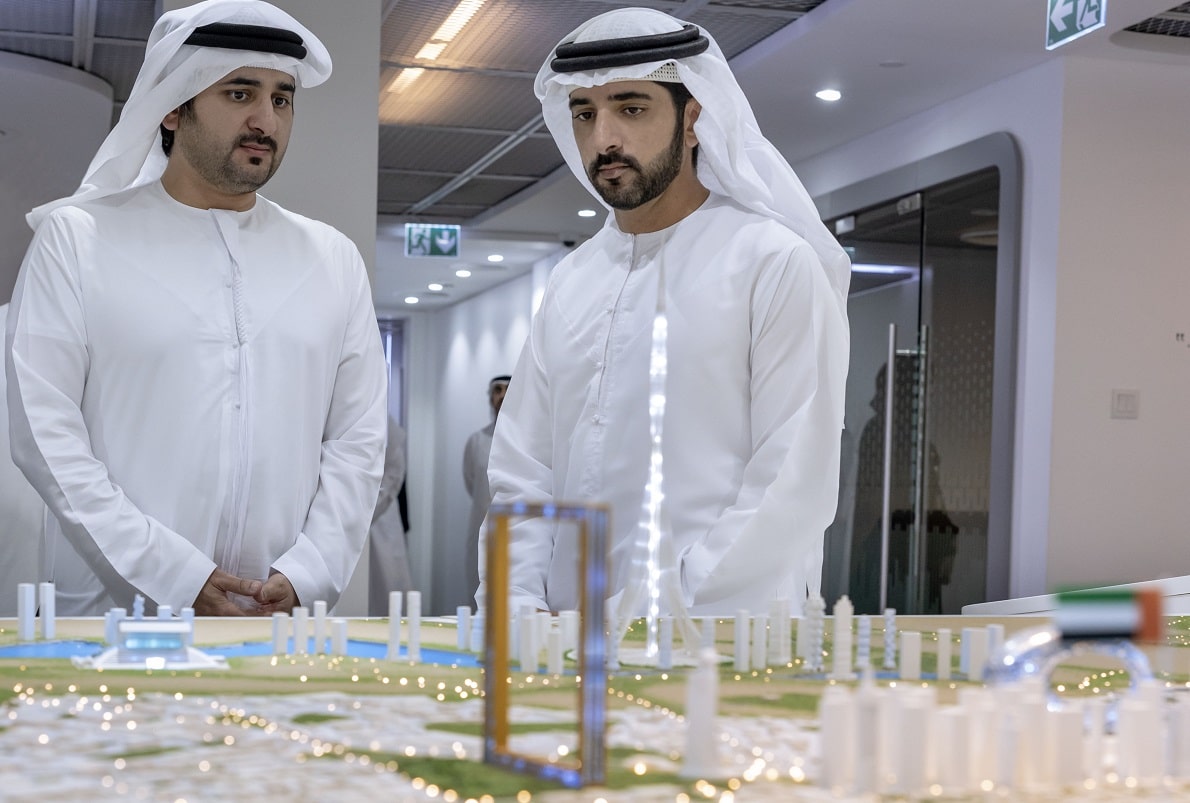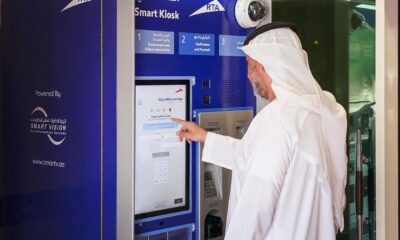Under the directives of His Highness Sheikh Mohammed bin Rashid Al Maktoum, Vice President and Prime Minister of the UAE and Ruler of Dubai, His Highness Sheikh Hamdan bin Mohammed bin Rashid Al Maktoum, Crown Prince of Dubai and Chairman of The Executive Council of Dubai, today approved the ‘Dubai Quality of Life Strategy 2033’, a visionary strategy dedicated to ensuring the comprehensive wellbeing of all segments of the community including nationals, residents and visitors. Encompassing a holistic and integrated approach to wellbeing, the strategy aims to establish Dubai as a global leader in quality of life and enhance its status as the world’s preferred destination to live, work and visit.
HH Sheikh Hamdan bin Mohammed stressed that caring for people remains the cornerstone of Dubai’s sustainable development strategies. The wellbeing of individuals is the ultimate objective of our development plans and the primary criterion for the success of government programmes.
“We have today approved the Dubai Quality of Life Strategy 2033 as part of our efforts to raise our global standing in the economy as well as in the areas of innovation and wellbeing. The vibrancy and cultural diversity of our society are key to our development journey.”
“The Dubai Quality of Life Strategy encompasses over 200 projects, initiatives, and plans. The strategy encompasses ten key pillars, all dedicated to fostering the wellbeing of individuals, society, and the city. Our objective is to establish Dubai as one of the world’s best cities in terms of wellbeing, offer every resident a healthy, active, and enjoyable lifestyle, build a society that takes pride in its identity and cultural diversity, and offer the highest quality of leisure and entertainment. Dubai’s name will become synonymous with fine living worldwide.”
“All projects initiated as part of the strategy will be overseen by a new office dedicated to enhancing quality of life in Dubai, in coordination with over 19 government entities and dozens of private organisations,” His Highness added.
Innovative initiatives
HH Sheikh Hamdan bin Mohammed Al Maktoum made these remarks after reviewing the highlights of the Dubai Quality of Life Strategy, which is aligned with the Dubai 2040 Urban Master Plan. The strategy features an integrated roadmap for sustainable urban development in the city for all segments of the community aimed at realising His Highness’s vision for Dubai’s future and establishing it as one of the world’s best cities in terms of wellbeing.
Upon arrival at the designated location for the plan’s launch at Keturah Reserve, His Highness was received by His Excellency Mattar Al Tayer, Commissioner-General for Infrastructure, Urban Planning and Well-Being Pillar. His Highness was briefed about a host of innovative initiatives that included wellbeing districts, the 20-minute city concept, development of a new generation of parks, the walking strategy, development plans for outlying areas, the development of beaches, the landscaping strategy, and the development of sports and entertainment facilities accessible to all.
HH Sheikh Hamdan bin Mohammed reviewed the new vision for designing model neighbourhoods covering three districts across Dubai: Al Mizhar 1, Al Khawaneej 2, and Al Barsha 2. This new vision aims to enhance the infrastructure of these existing neighbourhoods by upgrading social amenities and services, promoting soft mobility options for healthier living environments, and improving connections between community hubs such as parks, mosques, and shops.
More than 115 km of pedestrian and cycling tracks will be constructed, more than 3,000 trees and plants will be planted, and more than 20 investment opportunities will be created during Phase 1 of the strategy for the residents of Al Khawaneej 2 and Al Barsha 2.
The redevelopment plans include upgrading the existing collector streets and constructing shaded canopies, lanes for bikes and e-scooters, pedestrian walkways, restrooms, and family recreational spaces.
The vision also involves landscaping, constructing distinctive architectural gateways for each residential community, giving a unique character to every neighbourhood, and improving alleyways and street intersections to boost safety and provide pedestrian lanes.
Furthermore, it offers investment opportunities for locals, enhances public services, and delivers the ’20-minute city’ concept, which aims to ensure residents can access 80% of essential services within a 20-minute journey aboard soft and sustainable mobility options.
His Highness also reviewed the designs of the next generation of parks in Dubai, featuring new and innovative design elements that cater to the diverse needs of the community, reflect the unique character of each district, and incorporate sustainable activities to foster wellbeing. More than 30 parks with the new designs will be developed across the emirate within three years.
HH Sheikh Hamdan bin Mohammed directed all government departments in Dubai to expedite the implementation of projects and initiatives linked to the Dubai Quality of Life Strategy.
























